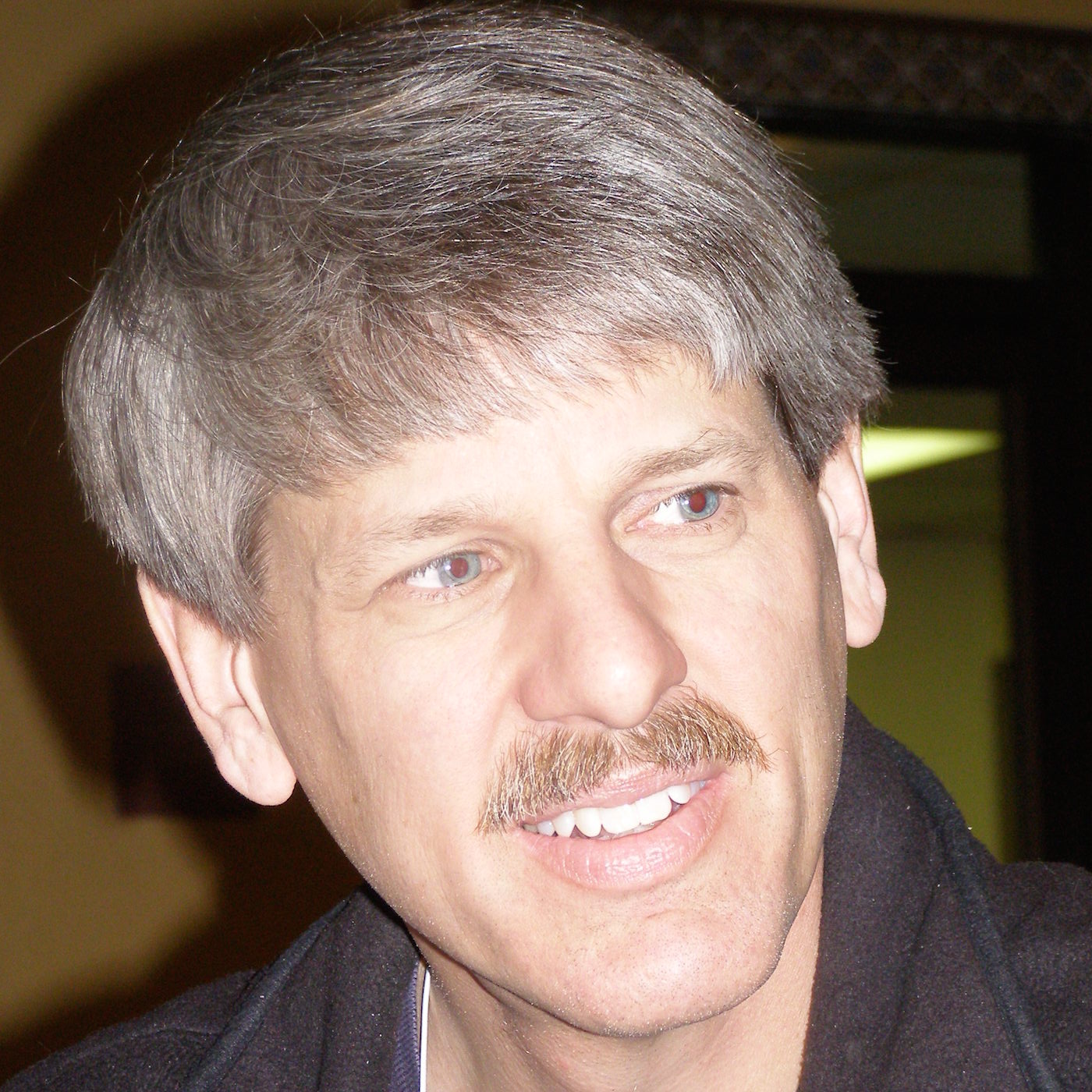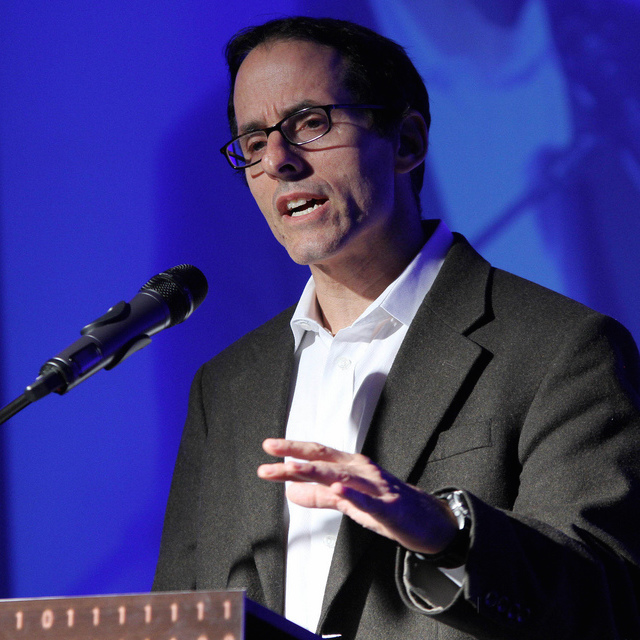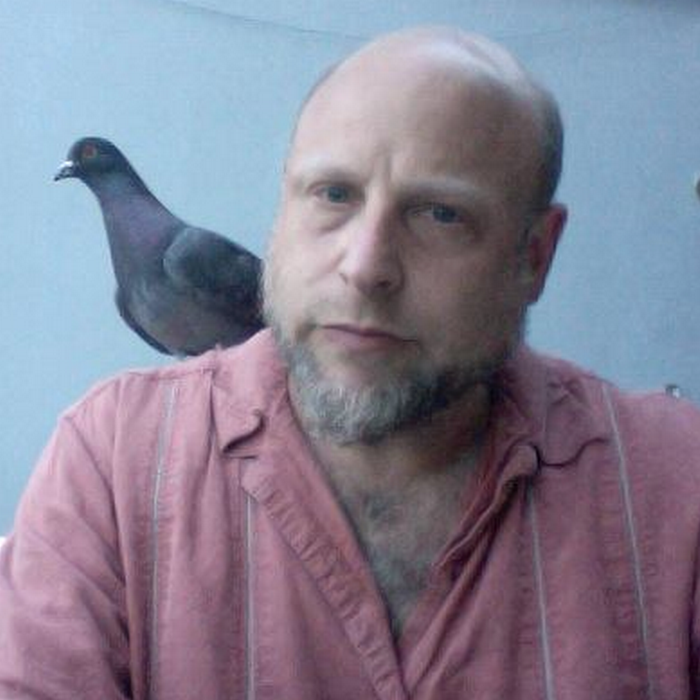Determinus

It's too late to halt climate change. Near-term human extinction is inevitable.
Conservation biologist Guy McPherson explains how political inertia and denialism caused humanity to sail past climate change's tipping point, what scientific evidence he believes proves that the destruction of habitats suitable for human life has already begun, and why the looming demise of our species should force us all to confront the days we have left on earth with an appreciation for nature, time and life itself.
Guy is author of the giant, ongoing, terrifying Monster Climate Change Essay on his website Nature Bats Last.

Provocation crosses the North Korean border in both directions.
Live from Seoul, Marc Flury provides context to North Korea's nuclear amibitions - as well as American (sanctions, B-52 fly bys) and South Korean (KPop?) responses - and explains why the worsening political situation between the nations is more a result of predictable behavior on all sides, and how the most diplomatic solution to the decades long crisis is attainable, and came from the northern side of the demilitarized zone.

A report on struggle and solidarity along the #Balkanroute.
Antidote Zine's Ed Sutton returns from a DIY refugee aid mission in Serbia, and he reports on the crude, arbtitrary bureaucracy facing people at checkpoints across Europe, explains why he suspects state responses will soon move from control and detention to deportation, and talks about the complicated, messy work of aiding people fleeing war and trauma.
Ed just published the essay O Balkan Pioneers: Anatomy of an Escape Route at Antidote Zine.

Uncovering the establishment media's One Percent blindspot.
Journalist Michael Massing explains how the newsmedia fell behind one of the biggest stories of our time - the rise in wealth and power of the billionaire class - and why we need digital journalism to commit to on-going, in-depth coverage of the growing influence of the One Percent, in our economy and in our politics, if we hope to understand, let alone reclaim, public policy for the rest of us.
Michael wrote the recent New York Review of Books articles How to Cover the One Percent and Reimagining Journalism: The Story of the One Percent.

Neoliberalism's policies are bankrupt, but its political power is flourishing.
Economist Mark Weisbrot explains why governments keep pushing neoliberal policies, despite (or because) of their failures across the globe, and examines the ways control over economies have been wrested from the democratic process - from multinational trade deals that expand and enforce corporate influence over more areas of our lives, to the European Union's maintenance of a permanent state of crisis that holds citizens hostage to policies outside their influence.
Mark is author of Failed: What the "Experts" Got Wrong about the Global Economy from Oxford University Press.

On Bowie, and what to do in the space between our debuts and finales.
Jeff Dorchen spends his first week of the post-Bowie era listening to obscurities and reflecting on the pedestrian nature of death, the mediocrity of cancer, meritocracy, rocking chairs, hazy drug history, carbs, karmic effluvium, Bing Crosby's child abuse, the transience of clothespins, spectacle and boundary and awakening and naps.





